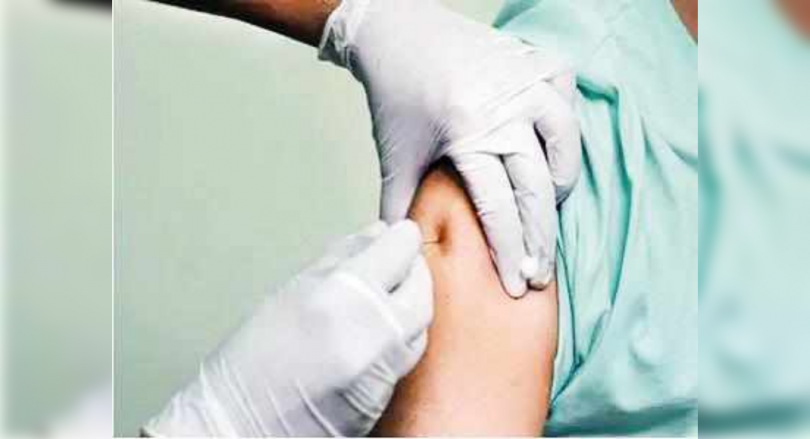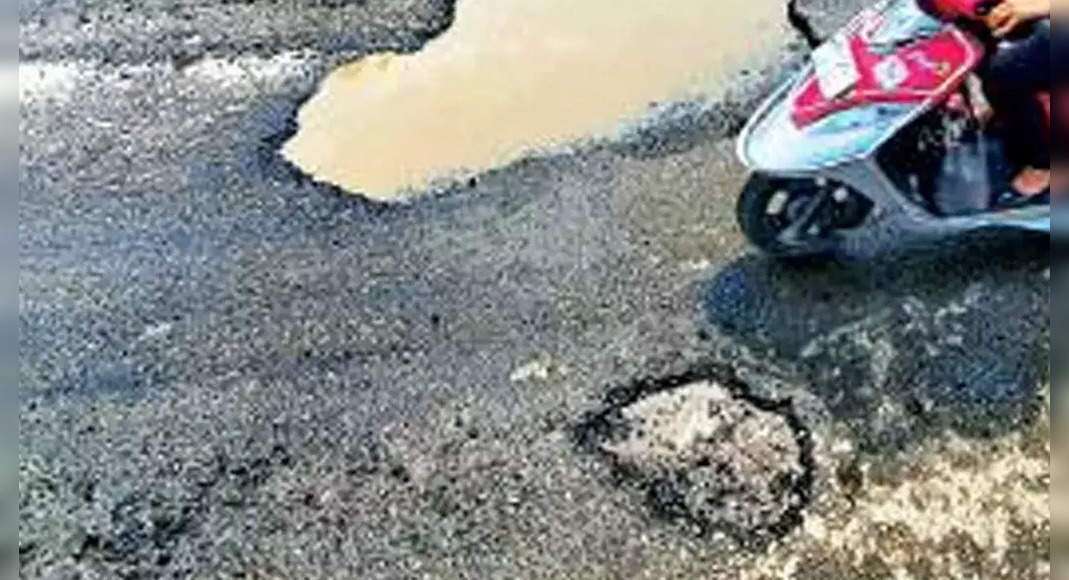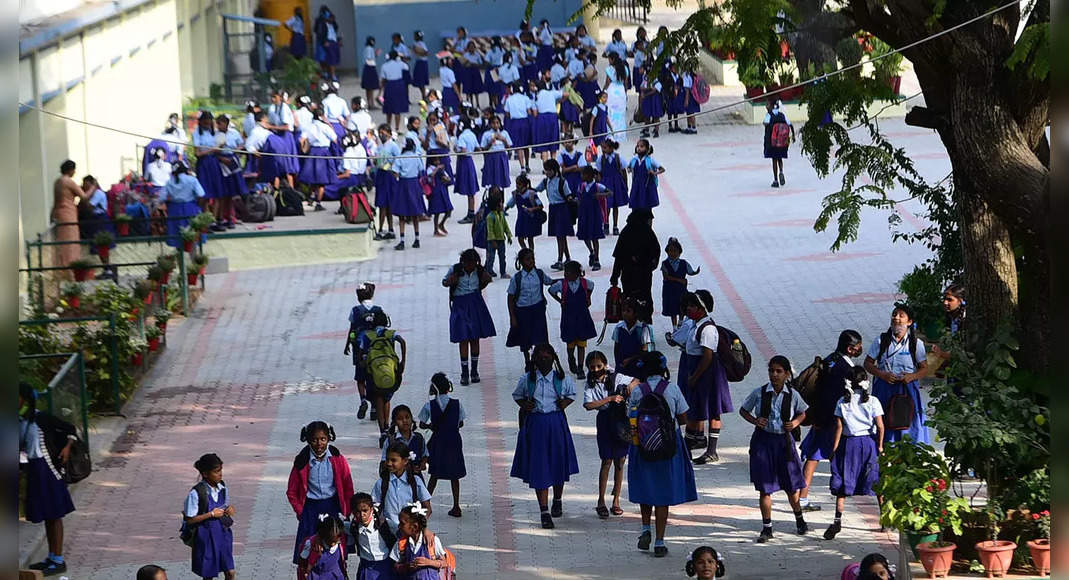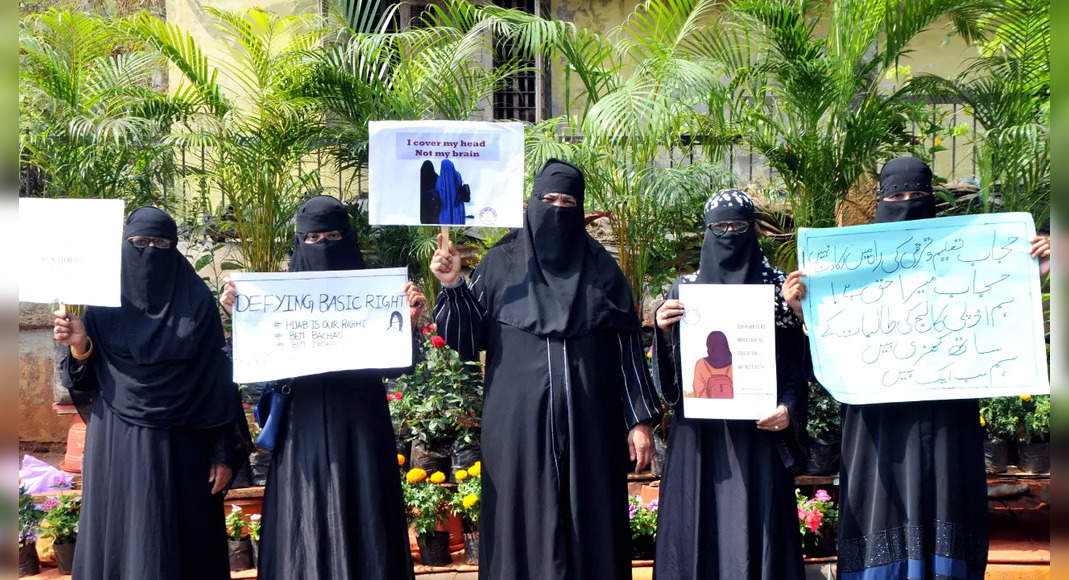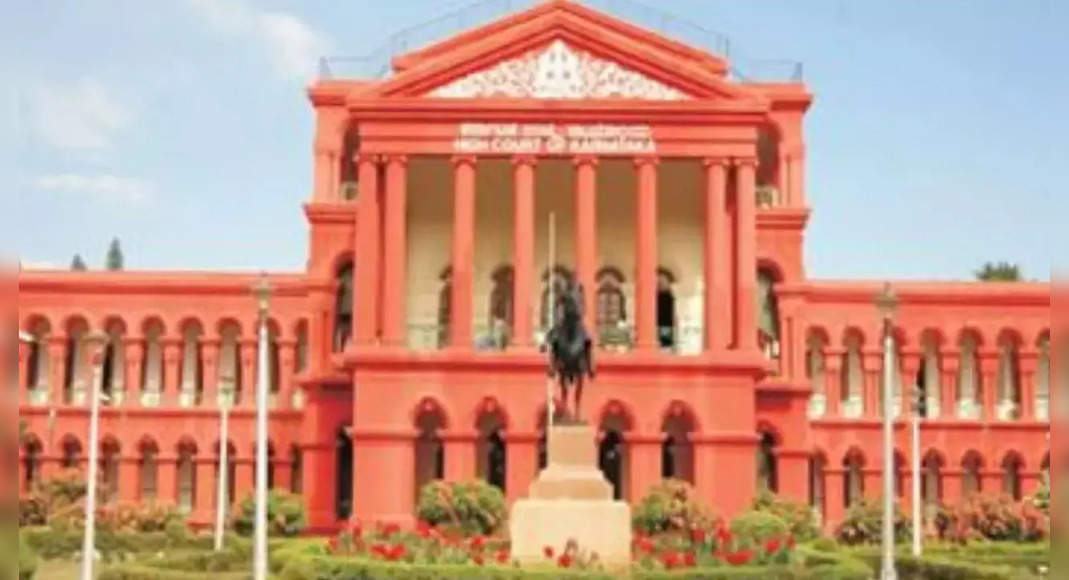BENGALURU: The IT capital and Bengaluru Urban district, which have made recent headlines for a high active caseload, have a redemptive record too.
The total number of vaccine doses administered in Bengaluru Urban — is all set to touch the 60-lakh mark.
Data from the Co-Win dashboard on Sunday evening revealed that Bengaluru Urban district (including Bruhat Bengaluru Mahanagara Palike-BBMP) administered 58.8 lakh doses in all — 49.9 lakh of these being first doses and 8.9 lakh, second doses).
The targeted eligible population (18+) for vaccination in Bengaluru is 99 lakh, which means more than half of them have received at least one dose of the vaccine.
While Bengaluru lagged behind Delhi (counted with 11 districts and therefore 73.4 lakh doses), it is ahead of Mumbai (53 lakh) and Ahmedabad (35 lakh).
Coming at a time when vaccine hesitancy and supply are still major challenges across the country, Bengaluru’s turnaround is being attributed to a pro-active administration and an enterprising private healthcare sector.
‘Residents helped boost vax numbers’If more people are vaccinated, it will act as a bulwark against further spread of the virus in future.
Increasing vaccination coverage will also reduce pressure on the overwhelmed medical infrastructure.
We need to act fast instead of waiting for another wave to strike,” BBMP chief commissioner Gaurav Gupta told TOI.
“In the next 30 days, we intend to cover 75% of the targeted population with at least one dose.” Gupta said the enterprise of residents and civil society played a big role in boosting numbers.
“Citizens’ interest in vaccine coupled with their capacity to pay for the same, the presence of major private healthcare service providers who also bought stocks on their own, willingness on the part of corporates and industries to pay for vaccination for their staff, support from apartment associations, an alliance of private donors and philanthropists to help vaccination among the marginalised sections and hardworking healthcare personnel have ensured that vaccination coverage is maximum,” he said.
Though there were disruptions in vaccine supplies between April 20 and May 20, the supply side was streamlined and BBMP set a target to vaccinate 25 lakh people over 30 days.
“We followed it up by making a rainbow coalition of all stakeholders.
We set up special camps near workplaces and apartment complexes to ensure maximum coverage,” Gupta said.
The civic agency also roped in community and religious leaders to dispel myths about vaccination.
Changes at the policy levelhelped too.
Deputy chief minister CN Ashwath Narayana ensured that vaccination centres are shifted out of government health facilities and special camps are operated by urban primary health centres (UPHCs).
Some UPHCs have administered more than 20k vaccines each so far.
The district, excluding BBMP areas, with a target population of around 8 lakh, has already administered 6.3 lakh first doses and one lakh second ones.
“Apart from one city municipal council and six town municipal councils, the district comprises 93 gram panchayats spread over 1,038 villages.
It was a challenge to convince people to get vaccinated, but we were persistent,” said Bengaluru Urban deputy commissioner J Manjunath.
“In fact, we started sending vehicles to semi-urban areas to bring priority groups, including the physically challenged, to vaccination sites.
This apart, camps were opened in all industrial areas including Electronics City, Bommasandra, Jigani and Peenya.”

